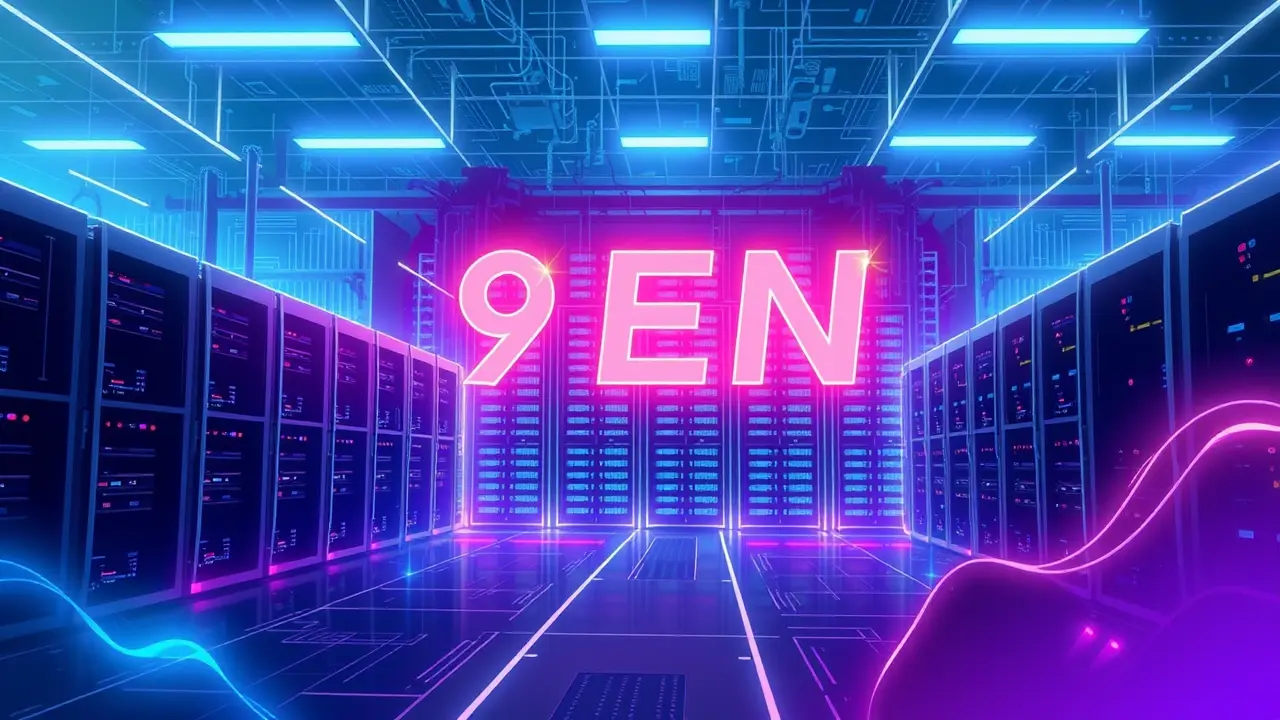- News
- chips-hardware
- IREN’s AI-cloud expansion driving long-term upside but near-term strain on balance sheet: JPMorgan

AIchips & hardwareAI Data Centers
IREN’s AI-cloud expansion driving long-term upside but near-term strain on balance sheet: JPMorgan
OL
Olivia Scott
10 hours ago7 min read2 comments
The staggering $9 billion capital expenditure plan announced by IREN, even after accounting for Microsoft's substantial prepayment, represents one of the most aggressive bets on the AI infrastructure boom seen to date, a move that JPMorgan analysts suggest positions the company for significant long-term upside while simultaneously placing considerable near-term strain on its balance sheet. This strategic pivot into GPU and AI data-center capacity expansion is a direct response to the insatiable demand for computational power driven by the large language model arms race and the proliferation of generative AI applications across every sector, from healthcare to finance.From a Wall Street perspective, this is a classic high-risk, high-reward scenario; the capital outlay is monumental, potentially impacting leverage ratios and free cash flow in the immediate quarters, forcing the market to weigh the promise of future, AI-driven revenue streams against the present financial metrics that often dictate stock performance. The involvement of Microsoft, a cloud titan, as a strategic partner providing upfront capital through a prepayment agreement, is a crucial vote of confidence, echoing similar deals seen in the industry, such as those between CoreWeave and its anchor tenants, and effectively underwriting a portion of the build-out, thereby de-risking the endeavor to a degree.However, the sheer scale of the $9 billion commitment indicates that IREN is aiming for a top-tier position in the hyperscale data center landscape, competing directly with established players like Amazon Web Services, Google Cloud, and Microsoft's own Azure. The financial mechanics of such an expansion are complex; the company will likely need to tap debt markets, consider secondary equity offerings, or form additional joint ventures to fund this ambition, all of which introduce dilution or interest expense that will be scrutinized by investors.Historically, we've seen this pattern in other tech cycles—the massive infrastructure builds during the dot-com era and the early days of cloud computing—where companies that successfully navigated the initial financial strain emerged as dominant, long-term winners, while those that over-extended faced consolidation or failure. The analyst note from JPMorgan correctly highlights this duality: the path to becoming a foundational pillar of the AI economy is paved with expensive hardware and complex logistics, and the market's patience will be tested as IREN transitions from a capital-intensive growth phase to a harvest period of monetizing its expanded capacity.The key metrics to watch will be the timeline to operationalize new data centers, the power purchase agreements securing affordable energy for these power-hungry facilities, and, most critically, the signing of additional anchor tenants beyond Microsoft to fill the planned capacity and convert capital expenditure into recurring revenue. This is not merely a story about one company's expansion; it is a microcosm of the broader technological shift where access to specialized AI compute is becoming the new oil, and the entities that control its production and distribution will wield immense economic influence.For shareholders, the coming quarters will be a lesson in volatility, as positive news of construction milestones and new customer signings will battle with concerns over debt levels and quarterly earnings misses, a dynamic familiar to those who followed the early years of cloud infrastructure leaders. Ultimately, IREN's gamble reflects a fundamental belief that the AI revolution is in its infancy and that the demand for computational resources will far outstrip supply for years to come, making today's balance sheet strain a potential footnote in tomorrow's growth narrative.
#featured
#IREN
#AI expansion
#data centers
#GPU capacity
#JPMorgan
#balance sheet
#Microsoft prepayment
Stay Informed. Act Smarter.
Get weekly highlights, major headlines, and expert insights — then put your knowledge to work in our live prediction markets.
© 2025 Outpoll Service LTD. All rights reserved.